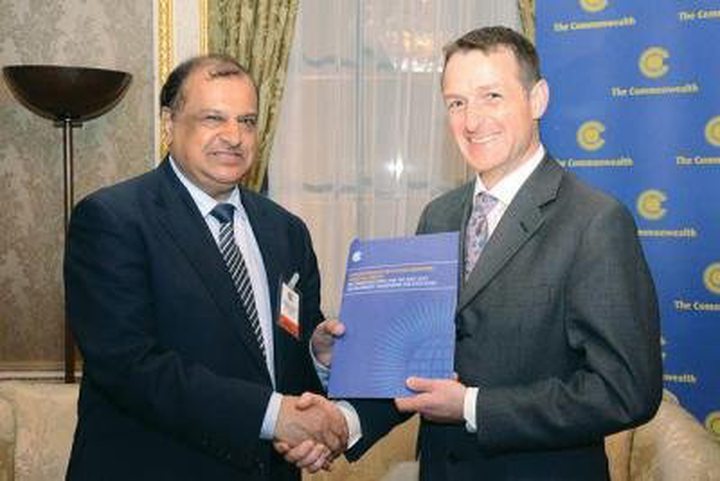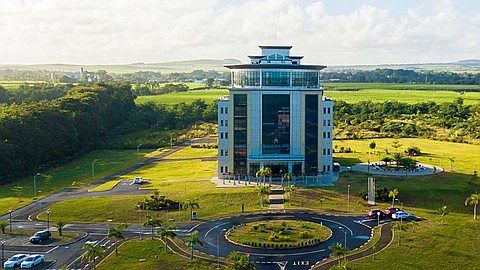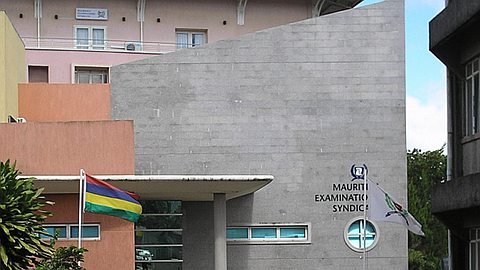Commonwealth Countries: The Reduction of Disparities as a Priority

Recommendations include reducing disparities in order to make quality education accessible to all is identified as the priority of the governments of Commonwealth countries. This report contains the recommendations of the Commonwealth for the post-2015 was presented at last week's Special Adviser to the British Prime Minister David Hallam. This document will then be presented at the meeting of the United Nations.
Ministers of Education of the Commonwealth agreed August 31, 2012 at their 18th Conference (18 CCEM) held in Mauritius, to create a ministerial working group for the development of post-2015. The working group was composed of ministers from the following countries: Bangladesh, Barbados, Cyprus, India, Kenya, Malawi, Nigeria, Papua - New Guinea, Seychelles, Sierra Leone, Tanzania and Uganda.
During the sessions, the Working Group made recommendations to the Commonwealth after 2015.
The recommendations of the Working Group for the Millennium Development Goals post-Goals (MDGs) have been submitted by Vasant Bunwaree David Hallam at Marlborough House, headquarters of the Commonwealth Secretariat in London. Mr. Hallam is a Special Advisor to the Prime Minister of the United Kingdom. The Working Group has reaffirmed the central role of education in all aspects of development and to catalyze progress in other areas. He also presented a strong case for education remains high on the agenda for future development with a leading position in the post-2015.
These recommendations will be presented to the Secretary General of the UN. The objective is to develop recommendations on the structure and content of post-Millennium Development goals and post-Education for All in priority education zones collectively identified by the Ministers of Education , educational organizations and civil society.
Among these recommendations, three main objectives have been identified: that every child can complete a full course of a minimum of nine years with access to free basic education, demonstrating the learning outcomes consistent with national standards that basic education should be expanded strategically to meet the needs of knowledge and skills related to employment and livelihoods, and reduce and eliminate differences in achievement between students associated with gender and wealth households.
Please note that a finding of educational progress since 2000 in several countries had shown that much remains to be done to make education accessible to all and combat illiteracy. Other areas in which the Working Group believes that it will intervene are, among others, the problems of child malnutrition associated with poverty, the provision of appropriate infrastructure and education for sustainable development. These recommendations will be presented to the Secretary General of the UN. The draft report of the UN High Level Panel of Eminent Persons is expected in March 2013.





